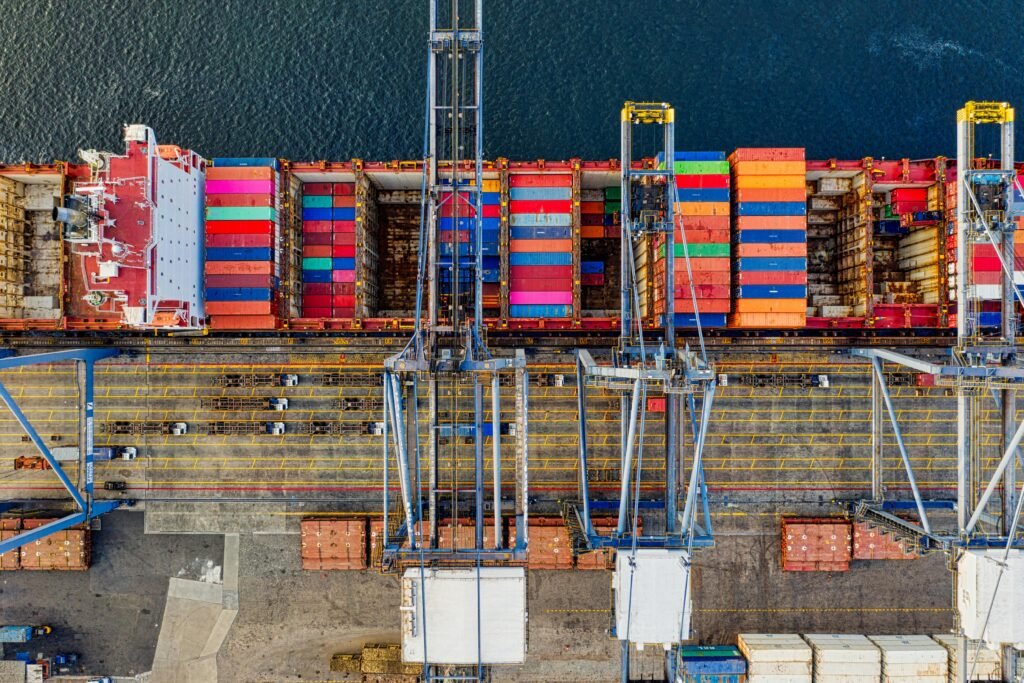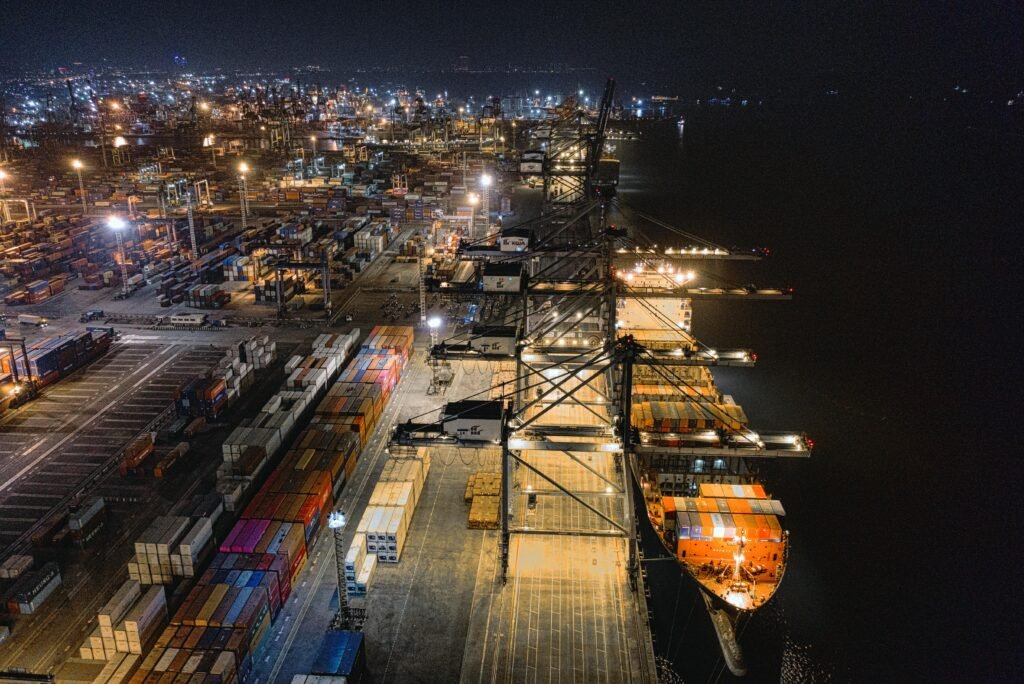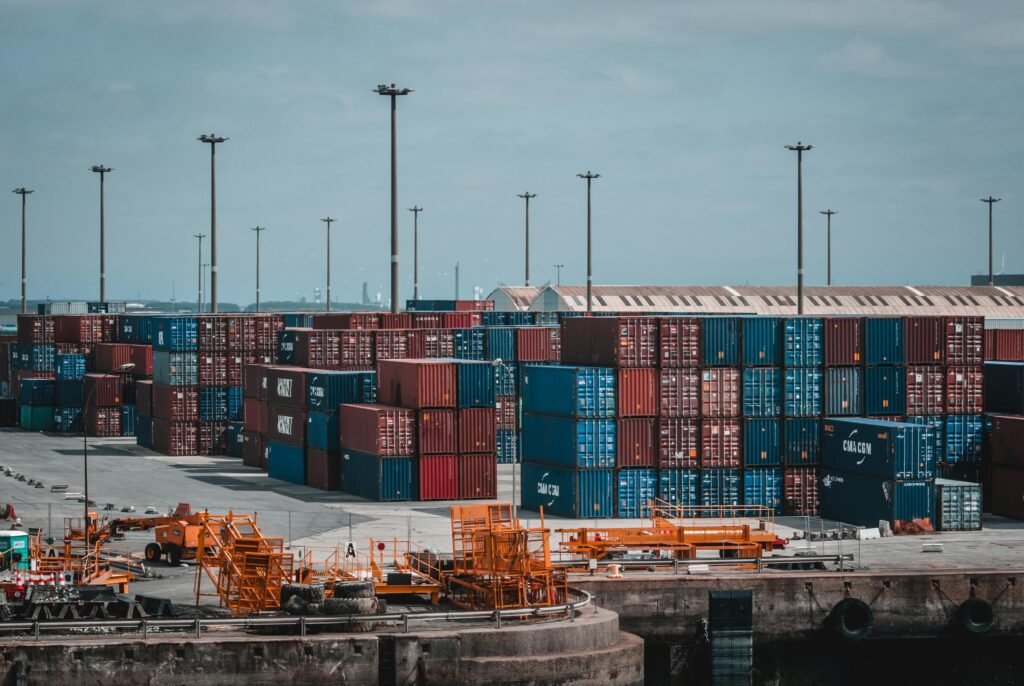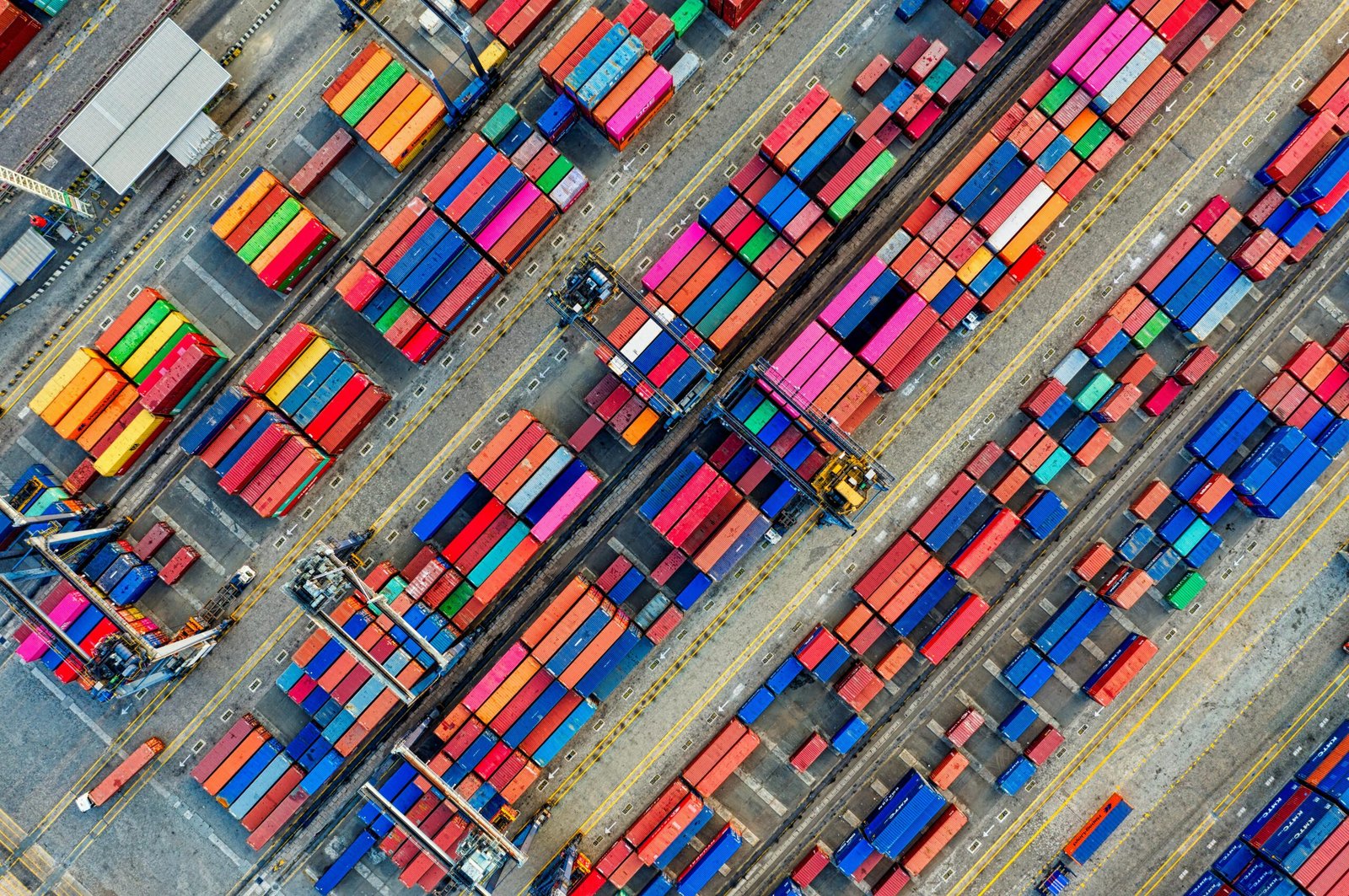When it comes to maritime logistics in Europe, one port stands out above all others: the Port of Rotterdam. Known as the Gateway to Europe, this Dutch port has held the title of Europe’s largest and busiest port for decades. Located on the North Sea coast, Rotterdam serves as a critical hub for international trade, industrial activity, and supply chain management. This article explores what makes Rotterdam so dominant, why it matters to the European economy, and what its future might look like.
🚢 Which Is Europe’s Largest Port?
The Port of Rotterdam, located in the Netherlands, is by far the largest seaport in Europe. It stretches over 40 kilometers and covers more than 12,600 hectares (roughly the size of 20,000 football fields). It ranks 10th in the world in terms of container throughput but is number one in Europe by a wide margin.
- Annual cargo throughput: Over 440 million tonnes
- Container traffic: More than 13.5 million TEUs (Twenty-Foot Equivalent Units) per year
- Direct shipping connections: With over 1,000 ports worldwide
These numbers reflect the sheer volume and complexity of logistics operations running through Rotterdam on a daily basis.

🌍 Why Is Rotterdam So Important?
Several factors explain Rotterdam’s dominance:
1. Strategic Location
Rotterdam is located at the Rhine-Meuse-Scheldt delta, giving it direct access to the heart of Europe via inland waterways. Major industrial centers like Germany’s Ruhr area, Belgium, and France are all within a few hundred kilometers.
2. Excellent Infrastructure
The port is linked by:
- Rail (Betuweroute) – a dedicated freight railway to Germany
- Highways – connected to the European motorway network
- Inland shipping – with the largest inland waterway network in Europe
- Pipelines – for oil, gas, and chemicals
3. Scale and Specialization
Rotterdam is not just big—it’s specialized. It handles:
- Containers
- Liquid bulk (oil, chemicals)
- Dry bulk (coal, ores, grains)
- RoRo (Roll-on/Roll-off vehicles)
The Maasvlakte 2 expansion added more deep-sea terminals and automated facilities, allowing the world’s largest ships to dock efficiently.

📈 Economic Importance of the Port
The Port of Rotterdam is a major engine of the Dutch and European economies:
- Direct employment: Over 180,000 jobs (port and surrounding logistics/industry)
- Contribution to Dutch GDP: Estimated at 6–7%
- Customs revenue: Billions collected annually from goods entering the EU
- Supports supply chains: From automotive parts to food, textiles, electronics, and energy
Its role as a primary entry and exit point makes it vital for both exports and imports, especially from Asia (via the Suez Canal) and North America.
⚠️ Environmental and Strategic Challenges
Being a leader comes with challenges:
Environmental Pressure
Rotterdam is one of Europe’s largest CO₂ emitters, primarily due to its petrochemical industries and large-scale freight handling. The port authority is investing heavily in:
- Green hydrogen projects
- Offshore wind integration
- CO₂ capture and storage (Porthos project)
Global Disruptions
Events like the COVID-19 pandemic, the Ever Given blockage in the Suez Canal, and Russia’s invasion of Ukraine have highlighted how vulnerable even the most advanced logistics networks can be. Rotterdam has had to adapt to shipping delays, container shortages, and rerouted freight.

🚀 The Future of the Port
Rotterdam isn’t just resting on its legacy. The port authority is focused on digitization, sustainability, and innovation. Key trends shaping its future include:
- Smart Port Initiatives: Using AI and IoT to optimize container flow
- Automation: Fully automated terminals operated by robots and autonomous cranes
- Hydrogen Economy: Becoming a hub for green hydrogen in Northern Europe
- Resilient Infrastructure: Preparing for rising sea levels and geopolitical shifts
The port’s long-term strategy, known as “Port Vision 2035”, aims to maintain its leadership while transitioning to a carbon-neutral economy.
✅ Conclusion
The Port of Rotterdam is much more than a large transport hub—it’s a symbol of European industrial strength, connectivity, and economic resilience. Its role in facilitating trade, supporting supply chains, and driving sustainability makes it indispensable to the European Union. As logistics, energy, and environmental demands evolve, Rotterdam is well-positioned to remain not only Europe’s largest port but also its most forward-looking.
For businesses aiming to establish a professional presence in Europe or globally, having a robust digital infrastructure is essential. Rakuzan.eu helps entrepreneurs build modern, high-performance websites. To power your online operations reliably and affordably, we also recommend Hostinger for web hosting solutions.
Disclaimer: This article is for informational purposes only and does not constitute financial, tax, or investment advice. Readers should consult with a licensed professional before making any financial or business decisions.





